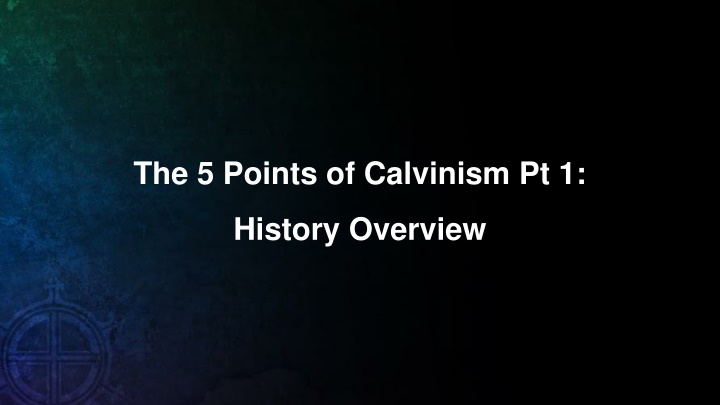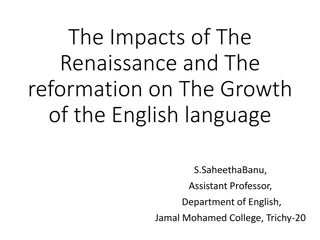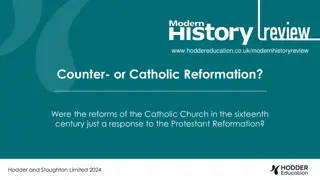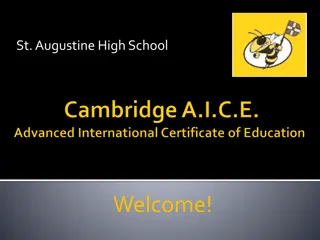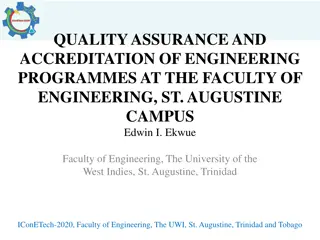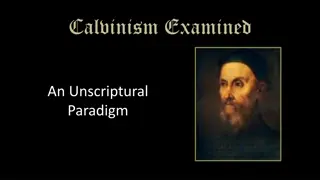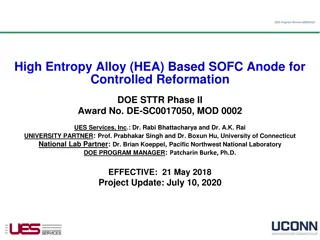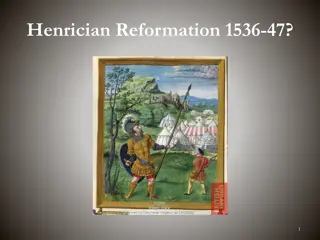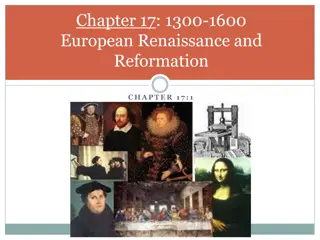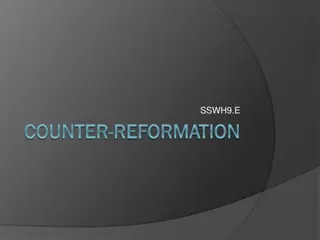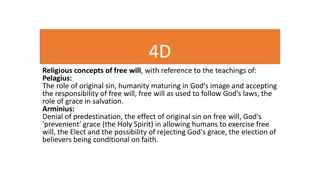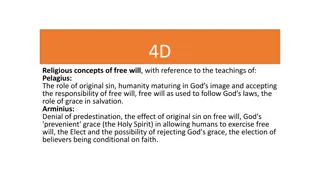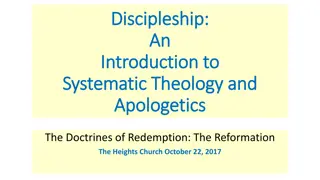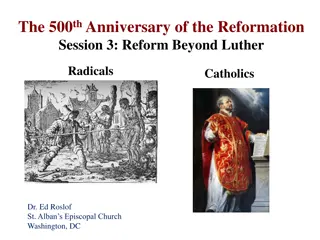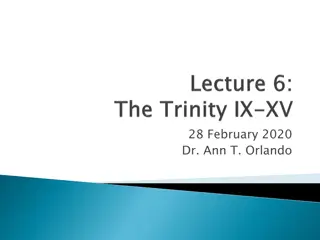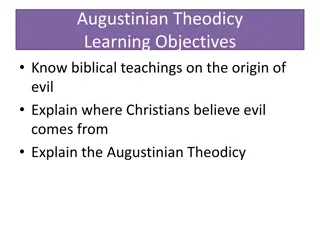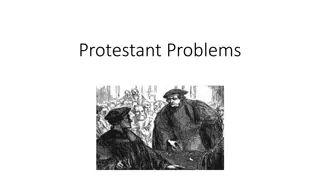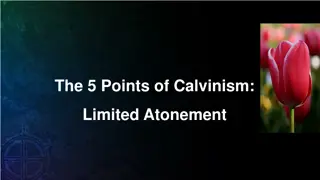Calvinism History Overview: Augustine vs. Pelagius & The Reformation
Augustinian theology, Pelagianism, Semi-Pelagianism, Luther's views on free will, and Calvin's doctrines are explored in this historical overview of Calvinism's key points.
Download Presentation

Please find below an Image/Link to download the presentation.
The content on the website is provided AS IS for your information and personal use only. It may not be sold, licensed, or shared on other websites without obtaining consent from the author.If you encounter any issues during the download, it is possible that the publisher has removed the file from their server.
You are allowed to download the files provided on this website for personal or commercial use, subject to the condition that they are used lawfully. All files are the property of their respective owners.
The content on the website is provided AS IS for your information and personal use only. It may not be sold, licensed, or shared on other websites without obtaining consent from the author.
E N D
Presentation Transcript
The 5 Points of Calvinism Pt 1: History Overview
History: Why 5 points? I. Augustine vs. Pelagius (early 400s AD): Dispute over original sin/fallenness, and freedom of mans will. Augustine's prayer: "Grant what you command, and command what you do desire." A. Pelagius: No original sin. Man born in same condition as Adam before the fall. Moral responsibility implies moral ability. Grace helpful, but not necessary for man to do God's will and to be right with God. "Hence, everyone has the power, within himself, to believe the gospel, [and] to keep the law of God perfectly." https://upload.wikimedia.org/wikipedia/commons/thumb/0/0c/Pelagius.jpg/220px-Pelagius.jpg
B. Augustine: Original sin, man's nature totally corrupted, man has a moral inability to obey God and to respond to savingly to the Gospel; divine grace necessary. " no one, in himself, [man] has the ability to obey either the law or the gospel. Divine grace is essential if sinners are to believe and be saved, and this grace is extended only to those whom God predestined to eternal life the act of faith, therefore, results not from the sinner's free will, but from God's free grace, which is bestowed on the elect only." C. Council of Carthage (418AD) condemns Pelagius.
D. Semi-Pelagianism: Affirmed original sin, but "man with his own natural powers is able to take the first step towards his conversion, and that this obtains or merits the Spirit's assistance their maxim was, "It is mine to be willing to believe, and it is the part of God's grace to assist." Condemned at Council of Orange (525AD) II. Protestant Reformation (1517 1564) A. Luther vs. Erasmus: cooperate with grace to choose the things of God. God and man work together (synergism) to bring about man's salvation. 1. Erasmus: man has free will/able to
Martin Luther by Cranach-restoration.tif 2. Luther: The Bondage of the Will: man's nature (will, mind, etc) is totally corrupted by sin. Man's will is not free, but in bondage to his sin nature. Strongly taught predestination and the necessity, sovereignty, and power of grace alone in saving sinners. it follows that free will without God's grace is not free at all, but is the permanent prisoner and bondslave of evil.... you alone, in contrast with others, have attacked the essential issue. You have not wearied me with those extraneous issues about indulgences You, and you alone, have seen the hinge on which all turns, and aimed for the vital spot. the Papacy, purgatory,
https://upload.wikimedia.org/wikipedia/commons/thumb/b/bc/Portrait_john_calvin.jpg/170px-Portrait_john_calvin.jpghttps://upload.wikimedia.org/wikipedia/commons/thumb/b/bc/Portrait_john_calvin.jpg/170px-Portrait_john_calvin.jpg 3. Calvin (and other Reformers): united with Luther on God's sovereignty, predestination, nature of man, grace, and sufficiency of Christ's work alone in saving sinners. III. predestination and issue of man's freedom. Arminius: Reformed theologian; questions IV. Remonstrant's (Protest): Submitted 5 articles of disagreement with Reformed confessions of faith:
The Five Arminian Articles (AD 1610) 1. Free Will: Fallen man's will, with the help of prevenient grace, is free and able to yield to the influence of the Spirit. 2. Conditional Election: God elected those He foreknew would choose to believe. 3. General Atonement: Jesus died for all without exception, but only those who believe are forgiven. 4. Resistible Grace: Man can resist being regenerated by the Spirit. 5. Falling from Grace: Man can lose his salvation.
IV. Synod of Dordt (1618-19): the Reformed Church in Netherlands responds to the 5 articles which becomes known (unfortunately) as the 5 points of Calvinism.
T Total Depravity: Mans whole nature is corrupted by sin so that He cannot do any spiritual good. U Unconditional Election: Before time, God chose many sinners to save on the basis of His grace and mercy alone, not on anything good or foreseen in them. L Limited Atonement: Christ atoned for the sins of the elect, securing and guaranteeing their salvation. I Irresistible Grace: God raises spiritually dead sinners to spiritual life when He wants to enable them to believe. P Perseverance of the Saints: The elect must and will persevere to the end, being preserved by God's power.
